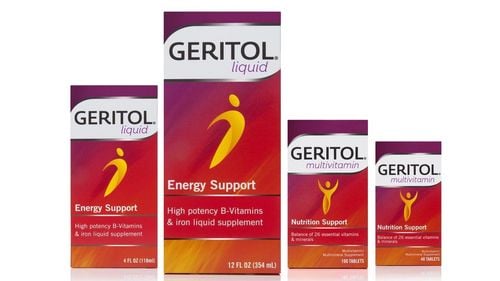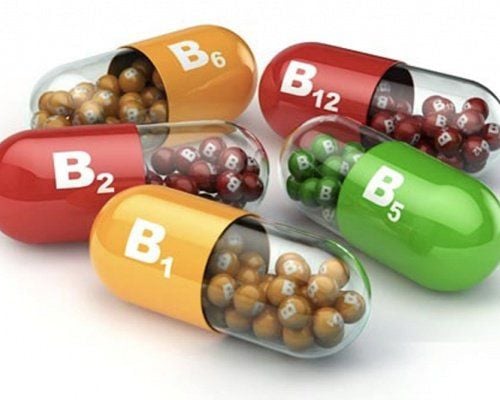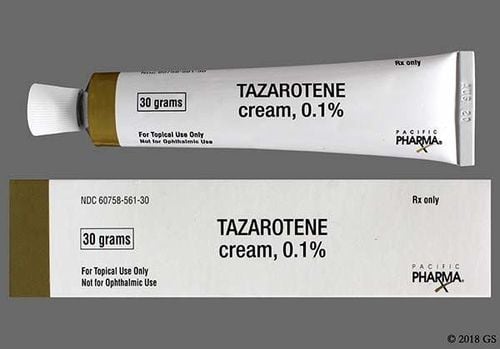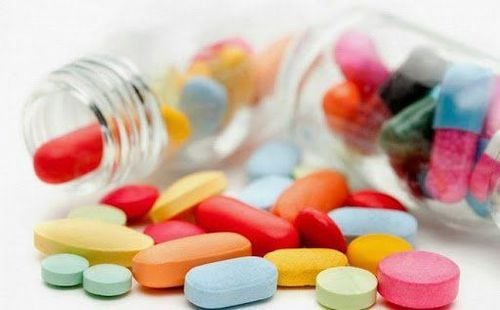This is an automatically translated article.
Cinnamon translates into Vietnamese as cinnamon - a medicine used in traditional medicine around the world for thousands of years. Cinnamon has many uses such as anti-oxidant, anti-inflammatory, antibacterial, anti-diabetes, cancer,... Although it contains natural herbal ingredients, it cannot be absolutely safe, especially when using for a long time, should not be too subjective when using Cinnamon.
1. What is Cinnamon?
Cinnamon is a product containing the main ingredient is cinnamon. This product is available on the market in a variety of strengths, ingredients and manufacturers.
The cinnamon in each medicine Cinnamon is also derived from different types of cinnamon, but there are four main types:
Cinnamomum burmannii (Korintje Cinnamon): Sometimes called Korintje cinnamon, this is usually milder. It's very popular in the US - it accounts for nearly 70% of North American cinnamon imports. Cinnamomum cassia (Saigon Cinnamon): This type is most commonly found on supermarket shelves, originating from Southeast Asia, quite sweet, not too spicy. Cinnamomum loureiroi (Royal Cinnamon): Sometimes called Royal cinnamon, this variety is harder to find on grocery store shelves, but spice vendors often sell it. It is mainly grown in Central Vietnam. Cinnamomum verum (Ceylon Cinnamon): Commonly known as true cinnamon, Ceylon cinnamon, or soft cinnamon, this variety is native to Sri Lanka and South India, but is widely grown in Mexico and East Africa. Unlike the above types, which have high levels of Coumarin - a substance known to cause liver damage, Ceylon Cinnamon has extremely low levels and is said to be suitable for daily use.
2. Uses of Cinnamon
Some studies suggest that cinnamon may be good for people with diabetes. A review of 18 studies found that cinnamon may lower blood sugar levels. But it did not affect hemoglobin A1C, an indicator of blood sugar over a long period of time. It may also lower cholesterol in people with diabetes. Many studies did not indicate the type of cinnamon used or had other problems that made their findings uncertain. One review found that cinnamon may help with obesity and weight loss. It is sometimes used for irritable bowel syndrome or other stomach or bowel problems. But it's not clear that it works.
It is thought that cinnamon may also help:
Heart disease Alzheimer's disease Cancer HIV Infections Tooth decay Allergies But much of the research done has been done on cells or animals.
Cinnamon has antioxidant, antibiotic, and anti-inflammatory properties, but currently, there isn't enough research to prove it works well in humans.
Since cinnamon has not been proven to be a treatment, there is no set dose. Some experts suggest 2 to 4 grams of ground cinnamon per day. High doses can be toxic, so make sure to follow the relevant instructions on the product label and consult your pharmacist or doctor before using Cinnamon.
3. Some notes on use and side effects of Cinnamon
Signs to call a doctor if you experience while using Cinnamon :
Irritation and allergies: Cinnamon does not usually cause side effects, but some people can still experience an allergic reaction to Cinnamon. If you experience the following signs of a serious allergic reaction, take the patient to the emergency room immediately: wheezing; chest tightness; fever; itchy; bad cough; blue skin color; convulsions; or swelling of the face, lips, tongue, or throat. Toxicity: Taking too much cassia cinnamon can be toxic, especially if you have liver problems due to the Coumarin ingredient, but the amount you get is so small that it probably won't matter. Due to the lack of evidence on safety, children, pregnant women, and women who are breastfeeding should avoid cinnamon as a treatment. Hypoglycemia: Cinnamon can affect blood sugar, so if you have diabetes and take cinnamon supplements, you may need to adjust your treatment with Cinnamon. Keep hard candy, glucose tablets, or juice on hand to prevent hypoglycemia (with signs of hunger, dizziness, tremors, heart palpitations, confusion, or sweating.) Cinnamon can also help. cause other side effects such as: causing side effects such as diarrhea, vomiting, dizziness, drowsiness. You can see your doctor if these symptoms get worse or persist. Interactions: If you take any medications regularly, talk to your doctor before starting Cinnamon. They can affect how antibiotics, diabetes medications, blood thinners, heart medications, and other medications work. Some drugs can harm the liver and interact with Cinnamon (especially those with high Coumarin levels) to increase liver damage such as: Acetaminophen, Amiodarone, Isoniazid, Simvastatin, Methotrexate, Methyldopa, Carbamazepine, Fluconazole , Itraconazole, Erythromycin, Pravastatin, Phenytoin, Llovastatin, .
4. Nutritional ingredients in cinnamon
You may have never thought about the nutritional content of cinnamon. It is true that cinnamon contains almost no protein or fat and will not play a large role in your overall nutrition. However, one teaspoon of ground cinnamon also contains a variety of other vitamins and nutrients:
About 6 calories About 0.1 grams of protein About 0.03 grams of fat About 2 grams of carbohydrates About 1 gram of fiber About 26 milligrams of calcium About 11 milligrams potassium About 3 mcg (micrograms) beta carotene About 8 IU (International Units) vitamin A The significant health benefits of many types of cinnamon have been discovered. Further investigations are needed to provide more clinical evidence on the traditional uses of this spice.
Follow Vinmec International General Hospital website to get more health, nutrition and beauty information to protect the health of yourself and your loved ones in your family.
Reference source: drugs.com













